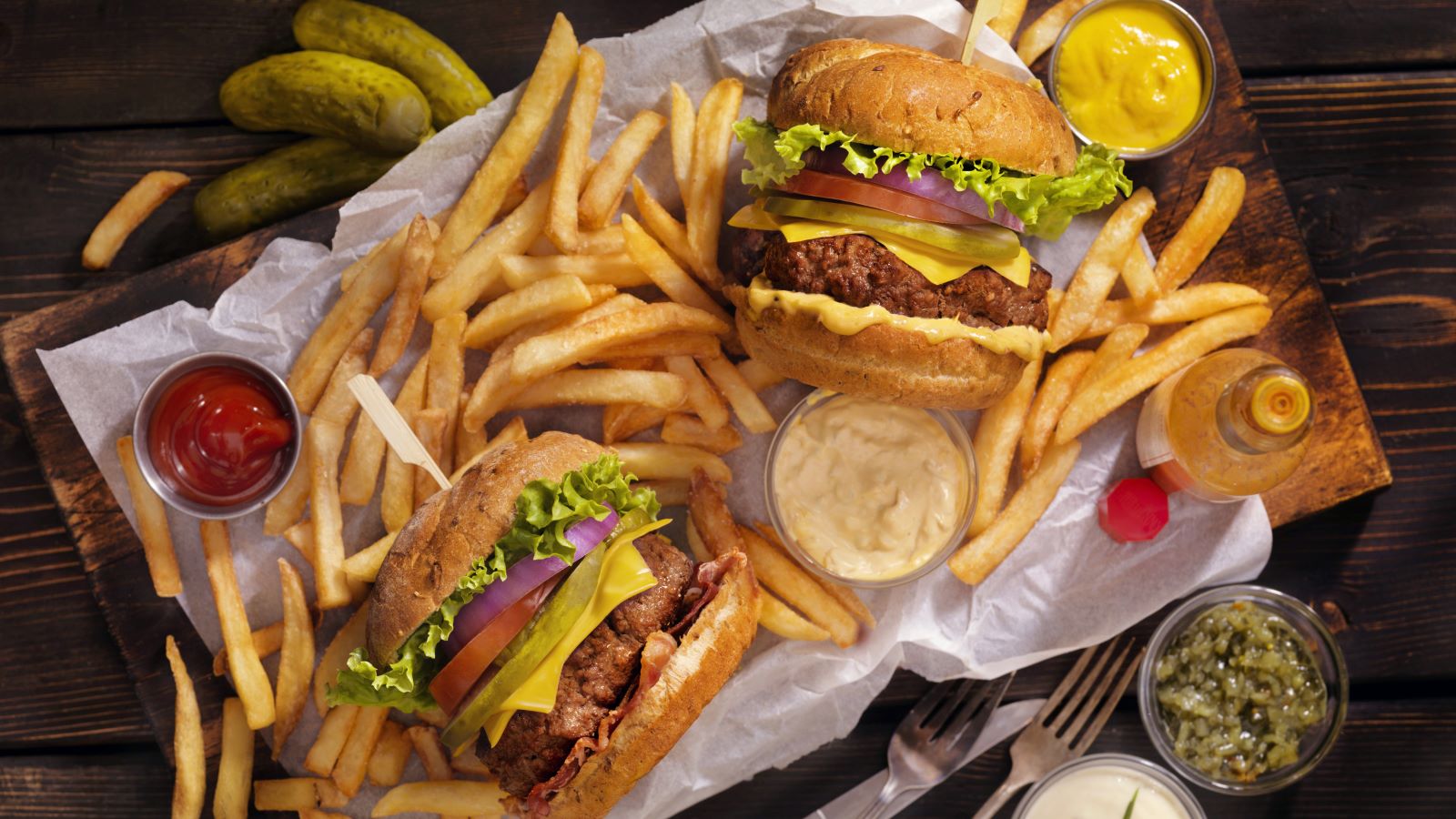
Food Addiction: It’s a Thing
This is the last column in a series highlighting weight loss. I presented Prochaska and DiClemente’s Stages of Change model. You have moved past denial (pre-contemplation), recognized a need for change (contemplation), gathered information and resources (preparation), developed a plan of action (action), and have had success in the maintenance stage (maintenance). You are prepared for setbacks (relapse). There are some more things you should consider as you attempt to lose weight and keep it off.
The Stages of Change model is often, but not solely, applied to addiction treatment. It is applicable to losing weight and begs the question of whether you can be addicted to certain foods. More people are physically addicted to sugar and highly processed foods than you would imagine. A recent poll shows 1 in 8 Americans over the age of 50 are addicted to highly processed foods.
There is no blood test to diagnose food addiction. As with other addictions, it’s based on behavioral symptoms. The main symptoms of food addiction include craving and binging on unhealthy foods without being hungry and an inability to resist the urge to eat these foods.
We often crave sugary foods when we’re anxious, stressed, or depressed for a reason. Why? Sugar stimulates our brains’ pleasure centers because dopamine is released when you eat something sweet. When we eat sugar, our brains release dopamine in anticipation of the pleasure, which encourages us to repeat the behavior; and the cycle continues. You may experience withdrawal symptoms that come from limiting your sugar intake or quitting it altogether. The severity of withdrawal can vary from person to person. How much sugar you consume, and how often you consume it, can play a key role in how your body responds when you decide to limit or stop consuming it. Common withdrawal symptoms include fatigue, headaches, and mood swings.
Gearhardt et al in the British Medical Journal, found that processed foods with elevated levels of refined carbohydrates or added fats, such as sweets and salty snacks, are addictive. These types of highly processed foods are most strongly connected to excessive intake, loss of control over consumption, intense cravings, and continued use despite negative consequences.
So, are you addicted to certain foods? Check out this questionnaire: The Yale Food Addiction Scale (YFAS) (Gearhardt, Corbin, & Brownell, 2009). It is a tool designed to assess signs of addictive-like eating behavior such as diminished control over consumption; persistent desire or repeated unsuccessful attempts to quit; withdrawal; and life impairment. It can be found at https://sites.lsa.umich.edu/fastlab/yale-food-addiction-scale.
You might not know if you are addicted to a particular food until you give it up and experience withdrawal symptoms. The Highly Processed Food Withdrawal Scale can be found at the same website, (https://sites.lsa.umich.edu/fastlab/yale-food-addiction-scale)
Food addiction accounts for an inability to maintain weight loss. If you have tried and repeatedly failed to keep off weight, you may have a food addiction. Without proper identification and treatment for this, you will be continuously frustrated.
